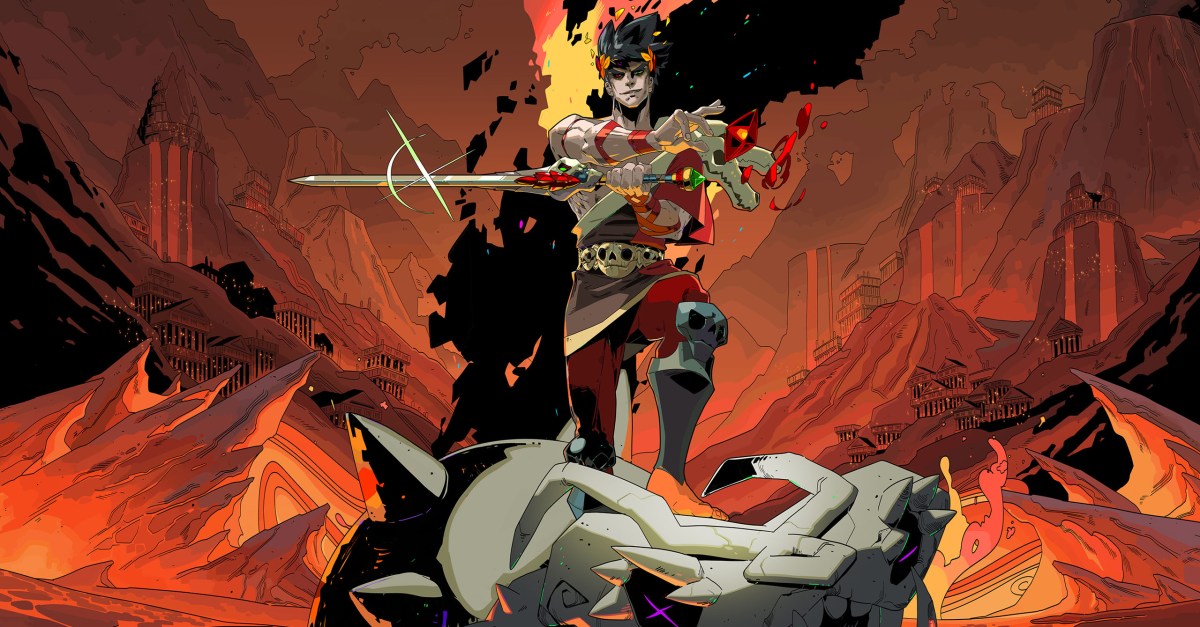I don’t know about others, but when I’m getting an indie game I want to know that my money is going to them and not just throwing money into a subscription with no way of knowing how much the devs get
Would have been great to have a way to transfer data. I was post game in Death’s Door and then they closed the door on me.
Dear Apple: Let Steam have Sonic Dream Team before it becomes Lost Media when your terrible streaming game services inevitably goes under
We call this enshittification
No, we don’t: https://en.m.wikipedia.org/wiki/Enshittification.
Here is how platforms die: first, they are good to their users; then they abuse their users to make things better for their business customers; finally, they abuse those business customers to claw back all the value for themselves. Then, they die. I call this enshittification, and it is a seemingly inevitable consequence arising from the combination of the ease of changing how a platform allocates value, combined with the nature of a “two-sided market”, where a platform sits between buyers and sellers, hold each hostage to the other, raking off an ever-larger share of the value that passes between them.
A key component to this is being locked in, which didn’t happen here as most of these games are still available elsewhere. No one is stuck with a games subscription where the quality of games is dropping. This is just a business realizing it’s not viable and paring back their offerings.
People on Lemmy seem to have a tendency to overuse enshittification, which sucks because it refers to something real and also actionable. If you dilute the meaning, you make the solution less likely. Lemmings should be among the forefront of people familiar with the real meaning, since Doctorow’s suggested solution is open standards for interoperability, like ActivityPub/Lemmy.
A key component to this is being locked in
No it’s not
From the Wikipedia article:
Doctorow argues that new platforms offer useful products and services at a loss, as a way to gain new users. Once users are locked in, the platform then offers access to the userbase to suppliers at a loss; once suppliers are locked in, the platform shifts surpluses to shareholders.[11] Once the platform is fundamentally focused on the shareholders, and the users and vendors are locked in, the platform no longer has any incentive to maintain quality.
And when discussing the solution:
The second is the right of exit, which holds that users of a platform can easily go elsewhere if they are dissatisfied with it. For social media, this requires interoperability, countering the network effects that “lock in” users and prevent market competition between platforms.
It’s a made up word that was defined by a specific article by the person who made it up. So yeah, it is.
Locked in and held hostage can defently feel the same.
I’ve always been a bit skeptical of Apple Arcade’s offerings because you do have to sort through so many kids games.
The offering probably exists because parents were getting fed up with their kids bothering them to buy gems in pay to win games.
I just hope Apple Arcade dies so Sonic Dream Team can get ported to a platform not assoicated with a company I refuse to acknowledge






